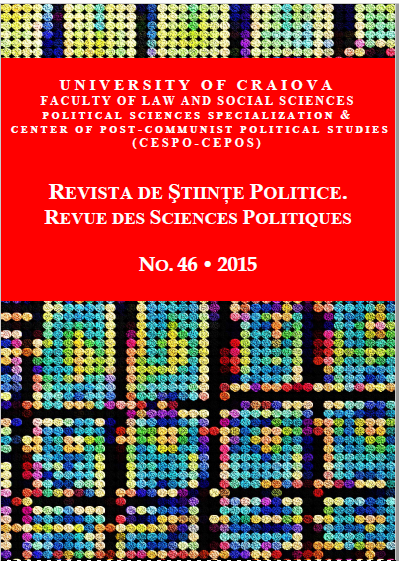Restitution and Denationalization of Property in Serbia, as Part of Transition and Democratization of the State: A Legal and Historical Approach
Restitution and Denationalization of Property in Serbia, as Part of Transition and Democratization of the State: A Legal and Historical Approach
Author(s): Melina RokaiSubject(s): Law, Constitution, Jurisprudence, Government/Political systems
Published by: Editura Universitaria Craiova
Keywords: restitution; transition; denationalization; confiscation; Serbia;
Summary/Abstract: This paper aims to analyze and present how several Serbian governments after democratic changes in Serbia in 2000 misused the need for restitution of confiscated property as the part of necessary changes for breaking with the socialist regime. This question was only one of the programpromises of democratic political parties and was a tool for power. Both Serbian citizens and the European Union were repeatedly tricked that progress in the direction was made until it became absolutely necessary. The research was done with comparative method, where various laws pertaining to the restitution of the nationalized property were utilized. The laws employed in this paper were the three most important one: the Law on Property Restitution and Compensation, the Law on Restitution of Property and the Law on Reporting and Recording Seized Property. These laws will be analyzed and will be compared in terms of benefits they brought regarding restitution of confiscated property after the Second World War to the former owners who belonged to different categories. As the research using such methodology showed us, certain legal solutions were beneficial to particular groups of former owners in different laws. Such legal resolutions brought about often different, rather more benevolent solutions for churches and religious communities, on the one hand, and natural persons on the other. This in turn created possibility for discrimination. If these are put aside, all the laws had a beneficial effect in preparing citizens for the restitution, even those groups who were opposed to the idea, as they had benefited from confiscation.
Journal: Revista de Științe Politice. Revue des Sciences Politiques
- Issue Year: 2015
- Issue No: 46
- Page Range: 52-62
- Page Count: 11
- Language: English

